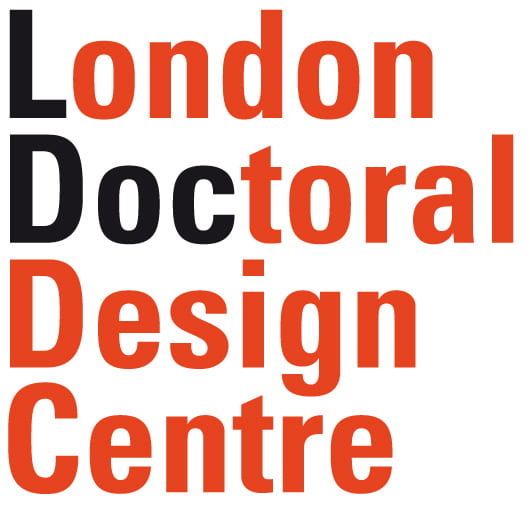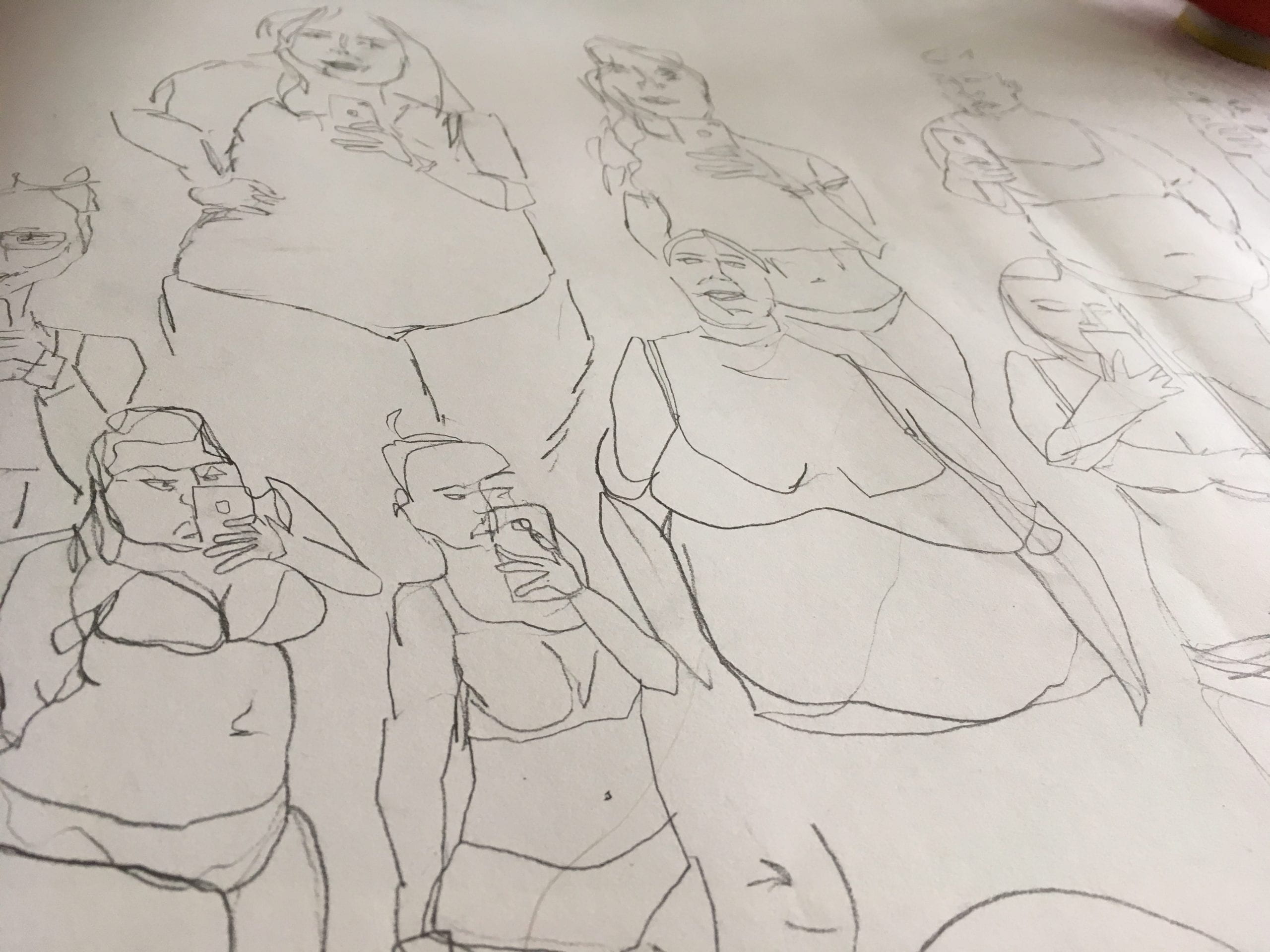[slideshow_deploy id=’2024′]
Fashion and textiles in, on and around the body are silent, but visible and sensory forces and indicators of cultural, social and environmental change. My work explores how command of fashion and pervasive nature of textiles might be harnessed to disrupt the status quo of unhealthy behaviours associated with obesity.
Concepts from Textiles Theory, Digital Health and Human Computer Interaction are combined to form an understanding of materiality from the physical nature of textiles and data from technology devices. The concept of affect lays the ground to investigate how the disembodied perception of health coupled with the immateriality of data might interact. This is then filtered through the lens of design research to seek ways that a textile approach to design of tools can inform novel technological development.
Novel mobile applications, connected devices, smart materials and wearable technologies are tools designed to aid behaviour change. As the technology get smaller and the information collected more accurate, we barely notice sensors continually recording data from clothing or skin. This study explores how materiality, the tactile perception of data as material might be used to measure affect in our relationship to health. The challenge is to create opportunities which help us to learn about the ways that use of technology in, on and around the body can create positive affect for change and motivation. These challenges includes concerns around how we consume and interpret personal health information, and how sensory and affective dimensions of technology experience can impact motivation and self determination.
Interactive workshops will explore how affect is impacted using alternate sensory experiences to interpret and support healthy behaviours using smart materials, wearable technology devices and their data displays. A participatory design methodology is employed where participants in workshops will engage in interactive movement sessions with novel technology applications using body sensor and personal activity data presented through a range of sensory formats. The results will inform development of new data display where affective impact of health information is displayed through material led feedback systems. The intended outcome is to improve our understanding of the relationships with physical and digital ontologies during exercise in order to inform the development of future technology interventions designed to influence our personal health decisions.

